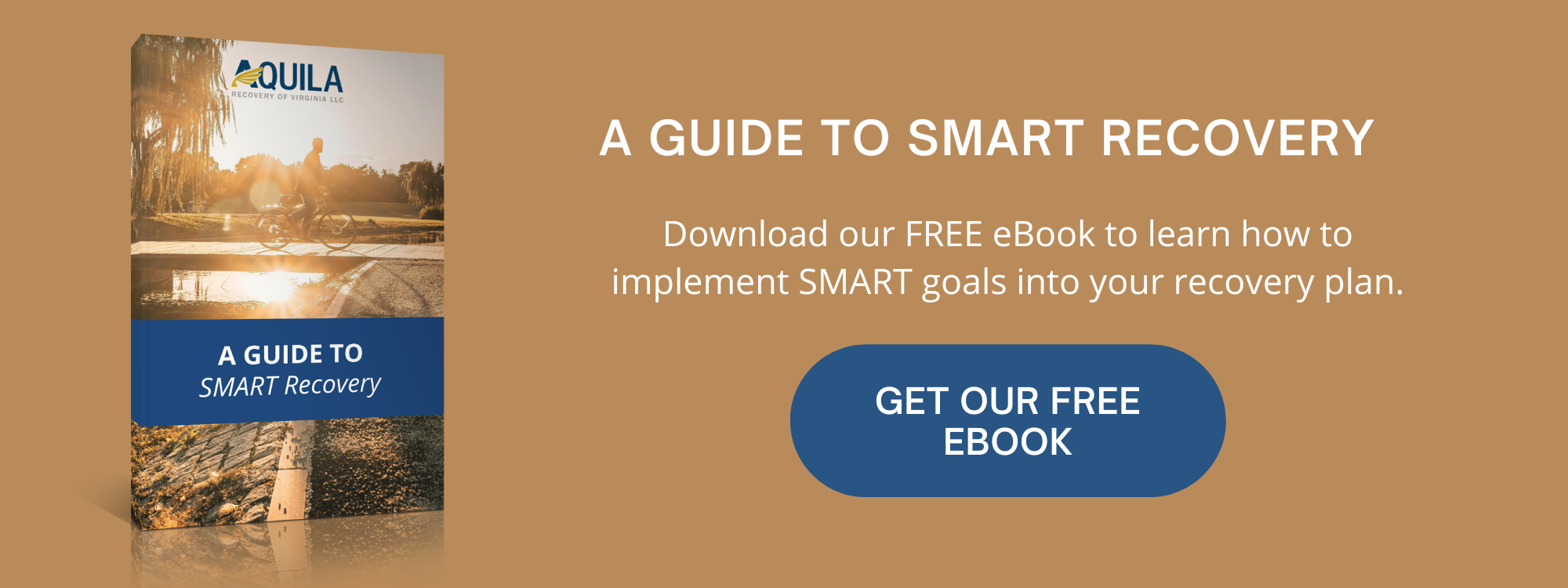Positive thinking is an incredibly powerful tool within your reach when it comes to sobriety. Seeking out inspiration can really make a difference to finding motivation as you’re walking your path to recovery.
The Power Of Positivity
The difference between who you are now and who you are working towards becoming is made much smaller, and even bridged, by finding people in your life who are positive role models and can provide you with inspiration on a daily basis. Positive people in your life can not only serve as inspiration but as mentors and a personal connection to what you want to achieve during your recovery. Here’s how to find those people and start positively impacting your recovery:

Looking For The Positive
Developing a network of recovery partners during recovery can help you find people who will not only support you but provide accountability when you need it and positive encouragement. Finding people who have been through the same experiences in you, perhaps having similar substance use disorder stories as you, can be a great first step towards creating a network of positive reinforcement. Your recovery network has a huge impact on your journey. The stronger your support system, the more resilient you’ll be when it comes to dealing with bumps in the road.
Positive Practices To Try
When you’re looking for positive people, remember these can be acquaintances, friends or even family members – if you already have positive role models in your social sphere already you’ll find it easy to draw from them. Positive people tend to be drawn to positive activities, so if you’re feeling a lack of positivity in your current network try finding and taking part in positive activities in order to meet new people. Activities might include:
- Meditative activities such as yoga
- Positive social gatherings like book clubs
- Any activity encouraging personal growth or giving back to a community voluntarily
- Activities that are good for your physical health such as fitness club
Recognizing the Positive
As humans, we’re natural copiers of one another. When we’re surrounded by negative circumstances we tend to look around at other people for cues on how to best navigate our way through challenges and adversity in our lives. All of this means that finding people with the traits you want to see in yourself not only helps recovery, but it can also help you transform yourself. No two-positive influencers are the same but some key things to look out for in people are:
- Honesty and integrity
- A willingness to invest time in you and your personal growth (as well as their own)
- Sobriety, and if they have experience with substance use disorders a person who has sustained their recovery and are open about their story
- The ability to hold you accountable while maintaining boundaries, this sometimes means taking a step back from you to ensure co-dependency does not develop.
Not all of these things are immediately obvious, but as relationships develop you’ll be able to tell whether a friendship or relationship is serving you positively. Note: An important aspect of using positive influences to better recover is also casting out negative influences. Sometimes that means saying goodbye to those who are holding you back from getting sober, either deliberately or accidentally.
The Right Positivity
Finding the right positivity in your life is going to have a huge impact on your recovery, reducing the risk of relapses and slips, and helping you better deal with them if they happen. When you find happiness in sobriety you unlock the door to transforming your life.
Seek Positivity With Aquila Recovery
While approaching your recovery positively is not the only factor influencing the outcome of your efforts, it can determine the amount of success you’ll see from various residential programs and sober living homes. The good news with all of this is you’re never alone. When evaluating the extent of professional help you need coupled with positive activities, we can help you. Aquila Recovery has years of experience helping our clients make a successful transition from residential programs back into their routine lives, transforming themselves in the process. Reach out today by phone at (202) 618-9125 or send in an online request for a consultation.

